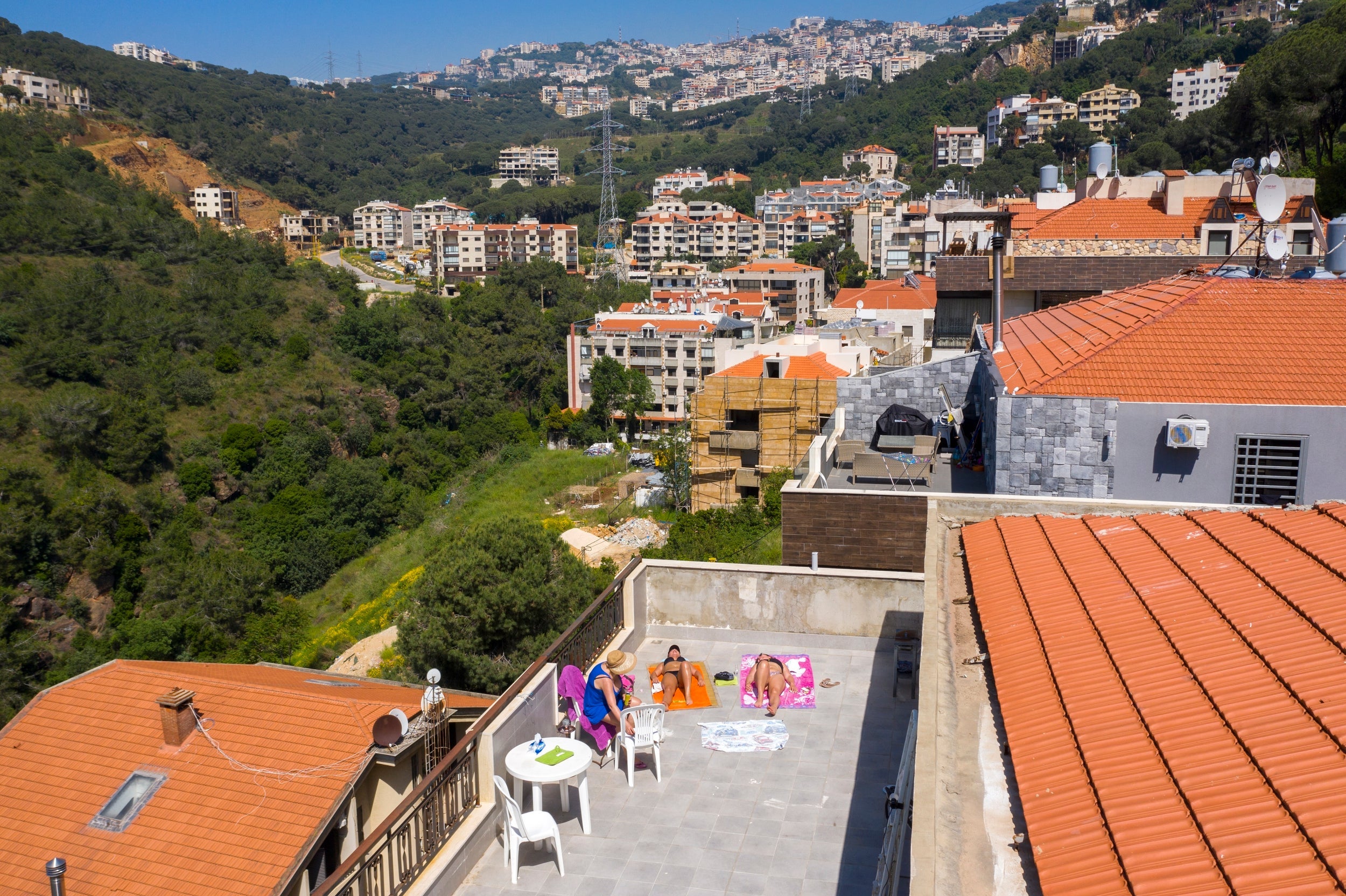Coronavirus: Lebanon imposes full lockdown just days after restrictions lifted
All businesses will be closed again except essential shops such as supermarkets and pharmacies

Lebanon has imposed a second lockdown after a sudden surge in coronavirus cases – just days after restrictions were lifted.
The shutdown will last for at least four days, to allow for testing. Dozens of new Covid-19 cases were registered on Sunday alone.
All businesses will be closed except essential shops such as supermarkets and pharmacies.
Lebanon had been in a strict lockdown, which even excludes exercising outside, since mid-March. The country has recorded more than 870 coronavirus cases and 26 deaths.
After a drop in cases, which the government hailed as a success, small businesses, restaurants and cafes were permitted last week to open with social distancing in place.
But just a few days in, following a spike over the weekend, the cabinet on Tuesday approved a “full closure”.
Prime minister Hassan Diab was quoted as saying during the meeting that people had not complied with the guidelines and the “achievement” of flattening the curve was therefore “at risk of collapsing”.
Information minister Manal Abdel Samad said the new lockdown would also allow teams from the health ministry to conduct more testing.
She added that the government would re-evaluate its original five-stage plan for gradually reopening the economy.
Over the weekend, thousands of Beirut residents had flocked to the city’s famed seafront to enjoy the new freedoms and sunshine.

Many also went to the restaurants and cafes that had tentatively opened for the first time, checking customer’s temperatures and keeping them 6ft apart.
Coronavirus has crippled Lebanon during an unprecedented financial crisis, grounded in decades of chronic mismanagement and corruption. The crisis came to a head last year and sparked an uprising in October.
The country’s currency – which for years has been pegged at 1,500 lira to the dollar – has lost over half its value on the black market, deemed the real exchange rate. This, among other issues, has sent food prices soaring, with some staples such rice tripling in cost over the last few months.
Amid a crippling shortage of foreign reserves, the Central Bank has come under fire for issuing a slew of diktats trying to limit people’s access to US currency while attempting to set different parallel market exchange rates.
Lebanon is heavily dependent on the dollar: 70 per cent of all deposits in banks are in dollars.
The situation has been exacerbated by businesses being forced to shut and the two-month closure of Beirut airport.
Join our commenting forum
Join thought-provoking conversations, follow other Independent readers and see their replies
Comments
Bookmark popover
Removed from bookmarks